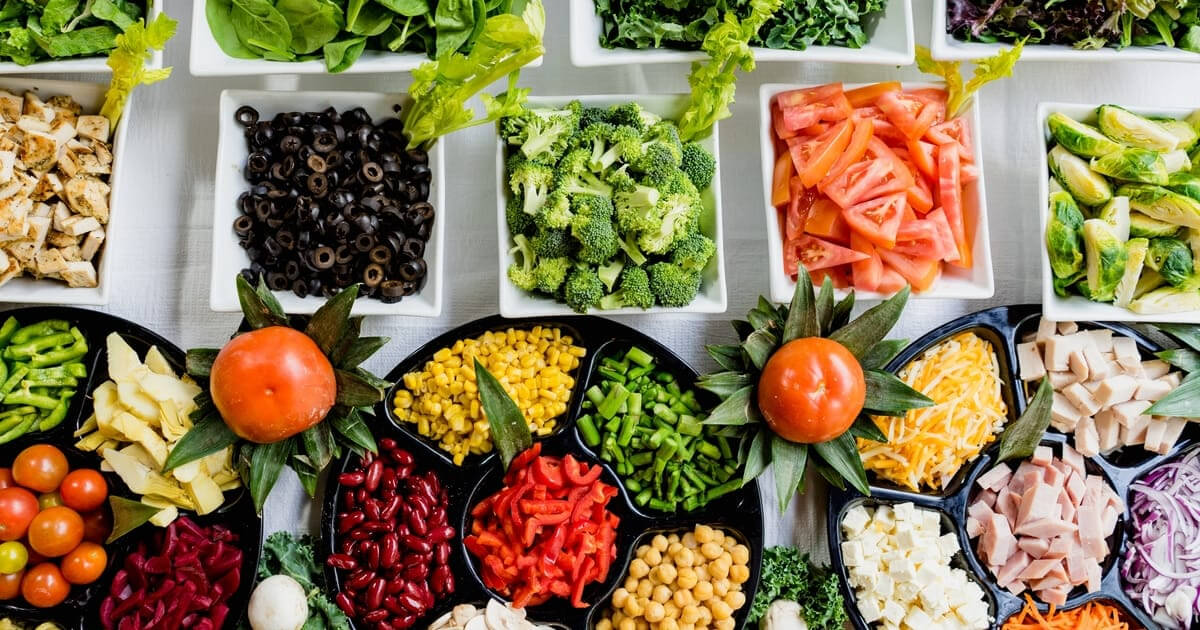Blockchain, Our Growing Global Population, and Food Resources
Geoffrey Gardiner Jan 25, 2020 00:00
With an evergrowing population, can blockchain aid in fighting against food shortages and supply chain problems?


Our population is growing, with data showing over 7 billion people living on Earth. This number is expected to grow further, reaching just under 10 billion in 2050.
Following this expected growth, we must consider what technology, data, and information will need to be handled, making processes more efficient and sustainable to maintain our numbers.
Feeding the planet
Concerns over healthy and safe foods along with healthy living has been a growing change in our society, with documentaries, environmentalists, news reports and celebrities all getting involved. Pushing for a better and cleaner world, with healthy options for everyone. Streamlining the current system from farm to the kitchen will be a huge undertaking, as every item supply chain will need to be improved fighting against spoilage, disease, waste, and safety.
Spoilage alone reduces the global food supply by a staggering third of the total supply, according to the United States Department of Agriculture (USDA). Currently, the USDA aims to cut this food waste in half by 2030, but with a population increase from 7 billion to 10 billion, and 7 billion to 11.2 billion in 2100, this will need to improve further and with the population in mind.
Blockchain alone is not a superpower, but technology that can track and ensure safety regulations are maintained from point A to B would be a giant step forward in creating timelines and supply chains that run efficiently to help aid spoilage around the world. More and better data can help us create better solutions.
Sharing information on how food is made, its story and the environment will help share and provide how we view the entire process. Understanding and respecting more about our planet and how farmers and fisheries raise and grow animals and other foods would open up awareness for animal cruelty, disease prevention, and spoilage problems.
If we can see exactly how the food industry works, where problems happen along the way and help monitor everything better, it can only help us improve the current system.
On a daily basis, we trust in the food we purchase to be safe and fair, ultimately, we trust in the people and businesses that manage food around the world from farming to transporting to shop window. Blockchain is all about taking away trust, making everything transparent and letting people take charge of their own information.
Forbes writer Raj Rao stated, "In earlier, simpler times, people generally knew who was producing their food, milling their grain, making their cheese or cobbling their shoes. But globalization and international supply chains introduced anonymity and uncertainty to the process."
Image by Dan Gold via UnsplashImage source: Shutterstock
.jpg)